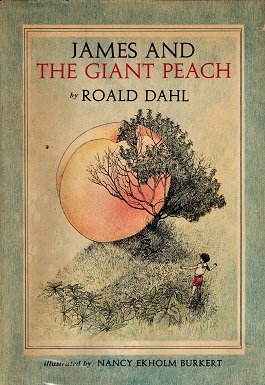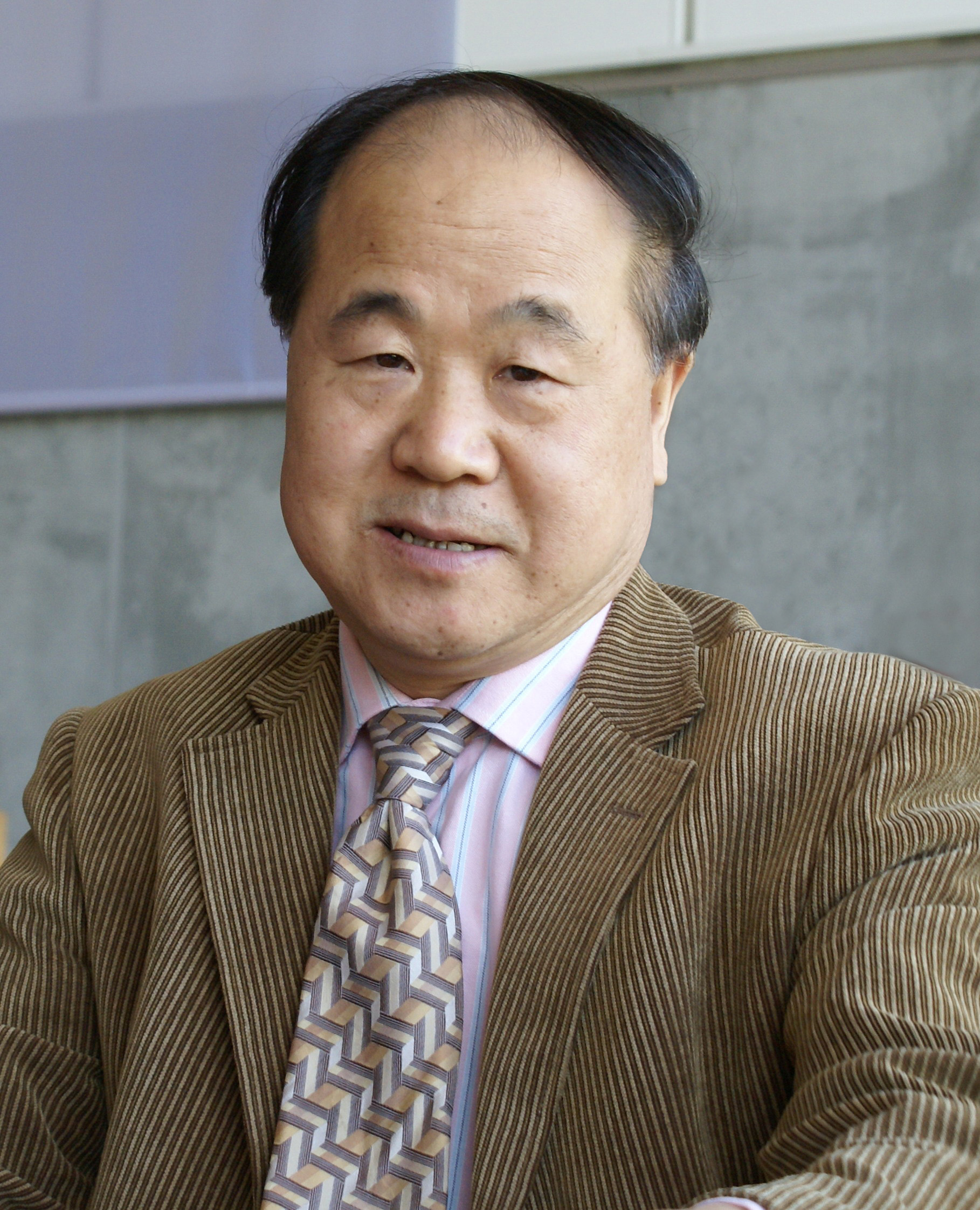Rudolf Christoph Eucken
Explore the timeline of Rudolf Christoph Eucken, a prominent German philosopher and Nobel laureate. Discover key events in his life, his philosophical contributions, and his lasting impact on the world of philosophy.
Birth of Rudolf Christoph Eucken
Rudolf Christoph Eucken was born on January 5, 1846, in Aurich, a town in East Frisia, Germany. Eucken was a significant German philosopher who gained acclaim for his works on the problems of ethics and religion. He attended the University of Göttingen and the University of Berlin, where he studied philosophy and classical philology. Eucken later became a professor and spent much of his career teaching and writing on philosophical subjects.
Appointment at University of Basel
In 1871, Rudolf Christoph Eucken was appointed as a Professor of Philosophy at the University of Basel. This was a significant step in his academic career as it provided him with a platform to disseminate his philosophical ideas. His time at the University of Basel allowed him to further develop his theories and start gaining recognition among his peers in the academic world. Eucken's work focused on the interplay of spirit, nature, and humanity.
Professorship at Jena
Rudolf Christoph Eucken received a professorship in philosophy at the University of Jena in 1874. At Jena, he would spend the majority of his academic career, dedicating his time to teaching and exploring philosophical questions. He contributed significantly to the field of idealism and the study of ethics, religion, and the philosophy of life. Eucken's teaching at Jena influenced many students, and his works became well regarded in philosophical circles.
Nobel Prize in Literature
Rudolf Christoph Eucken was awarded the Nobel Prize in Literature in 1908. The Swedish Academy awarded him the prize because of his earnest search for truth, his penetrating power of thought, and his wide range of knowledge which his many works gave evidence of. Eucken's philosophy emphasized the importance of human spiritual life, and his literary style brought his philosophical concepts to a broad audience, highlighting ethical and religious themes.
Death of Rudolf Christoph Eucken
Rudolf Christoph Eucken passed away on September 15, 1926, in Jena, Germany. As an influential philosopher, he left behind a legacy of a wealth of philosophical writings and a dedicated approach to understanding the human condition through spirit and ethics. Eucken's ideas continued to inspire discussions in philosophy, and his interpretation of spiritual life and ethical values remains a significant contribution to philosophical thought.
Frequently asked questions about Rudolf Christoph Eucken
Discover commonly asked questions regarding Rudolf Christoph Eucken. If there are any questions we may have overlooked, please let us know.
What is Rudolf Christoph Eucken known for in the field of philosophy?
What are the key events in Rudolf Christoph Eucken's life?
What is the significance of Rudolf Christoph Eucken's Nobel Prize in Literature?
Who was Rudolf Christoph Eucken?
Related timelines
More timelines connected to Rudolf Christoph Eucken







